Storing certain items together can cause cross-contamination or even lead to fire and explosion risks. To help you avoid these unfortunate situations, here are 18 of the worst things to store in the same place.
Cleaning Products and Medications
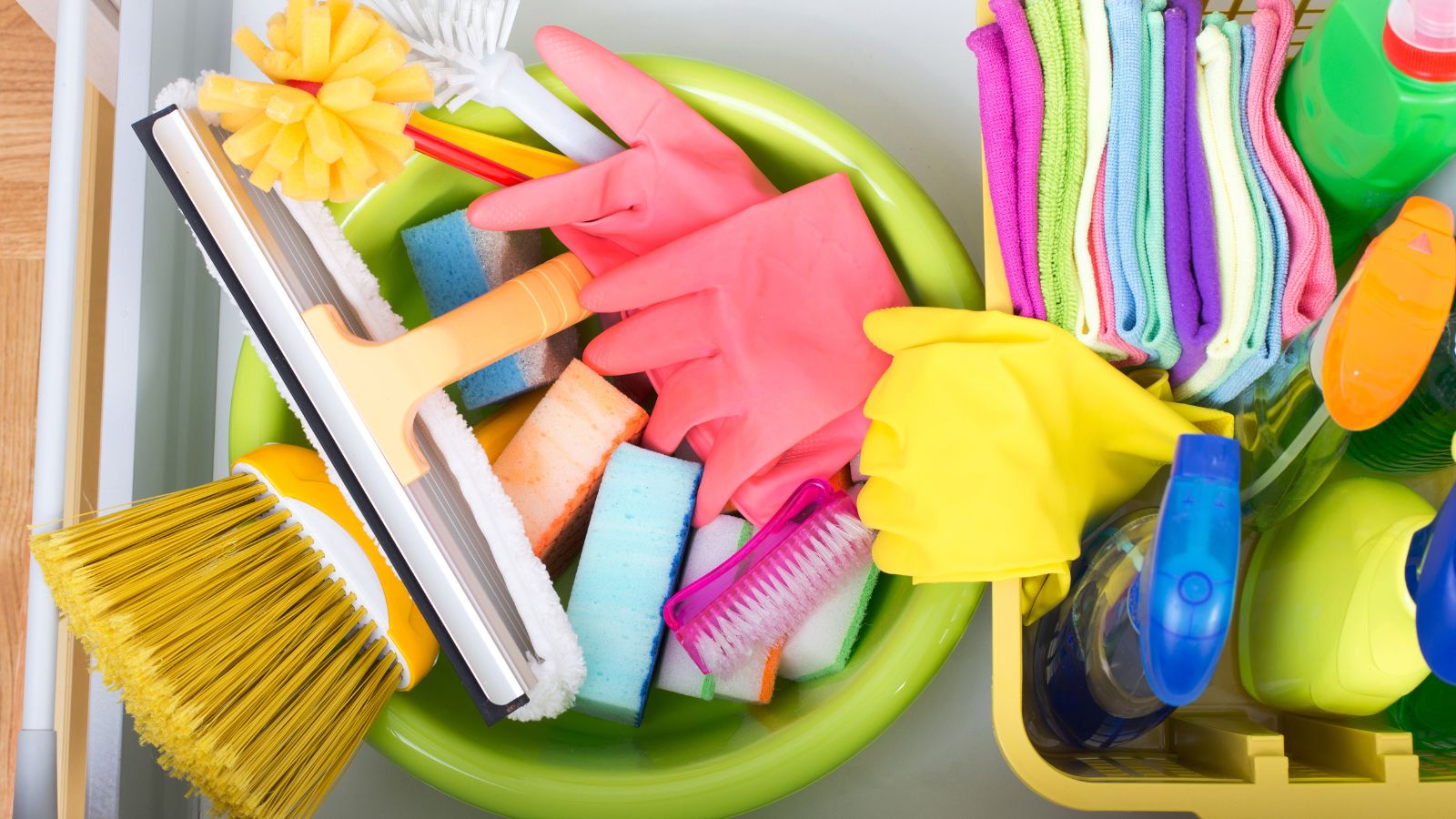
Cleaning products contain chemicals that are too toxic for consumption. Leaving them beside medications doesn’t just reduce the effectiveness of your medicines; it could put you in serious trouble with your health as well. Always keep medications somewhere else, preferably in a locked cabinet out of the reach of children, like the University of Vermont shares.
Clothing and Mothballs
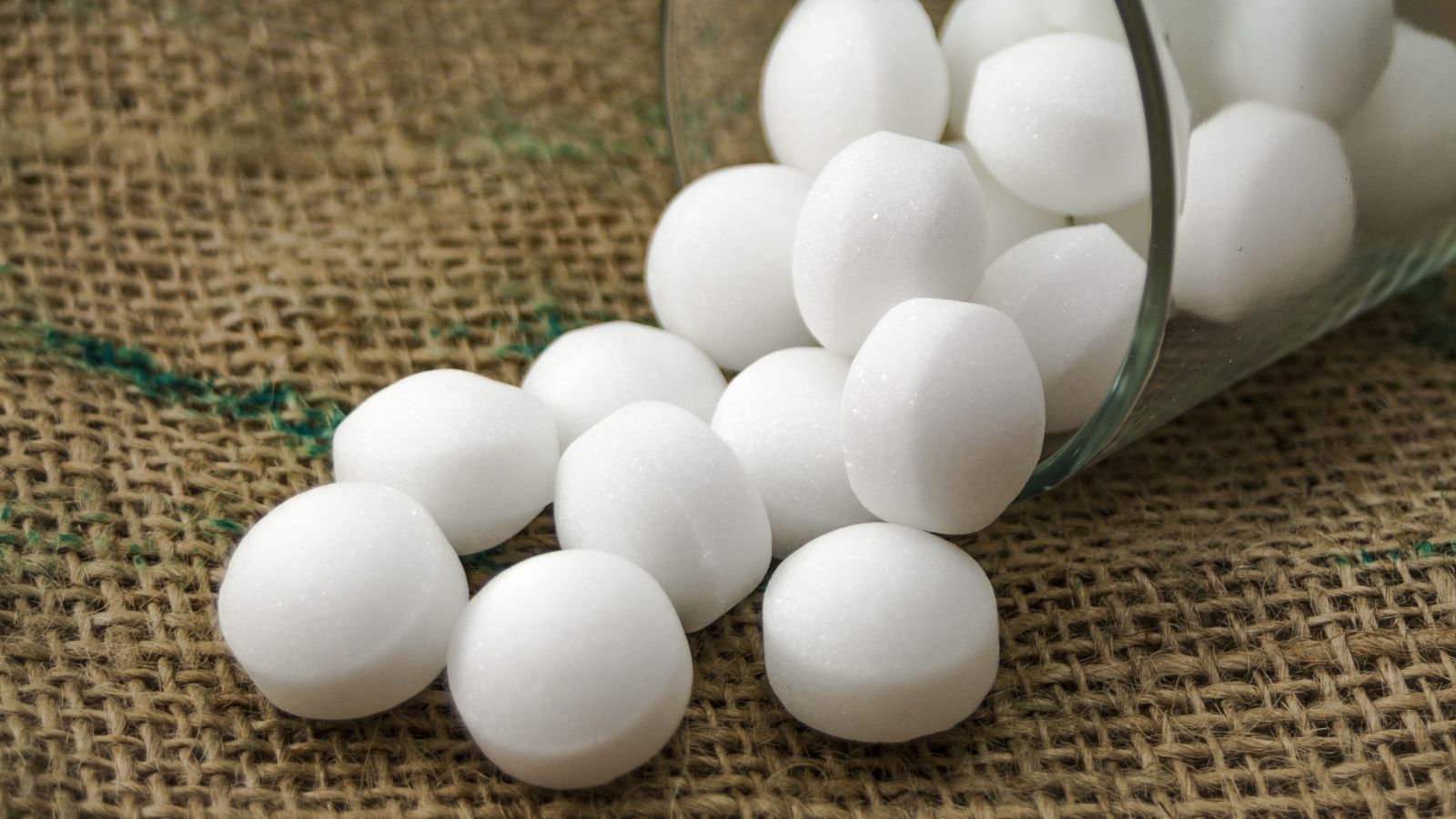
Yes, we use mothballs to protect our clothes from being eaten up by moths. However, you should also understand that these mothballs emit chemicals that “can damage clothes that contain both synthetic fibers and wool or other animal fibers,” according to Oregon State University. It’s better to either use cedar blocks or lavender sachets to protect your fabric from moths.
Food and Non-Food Items
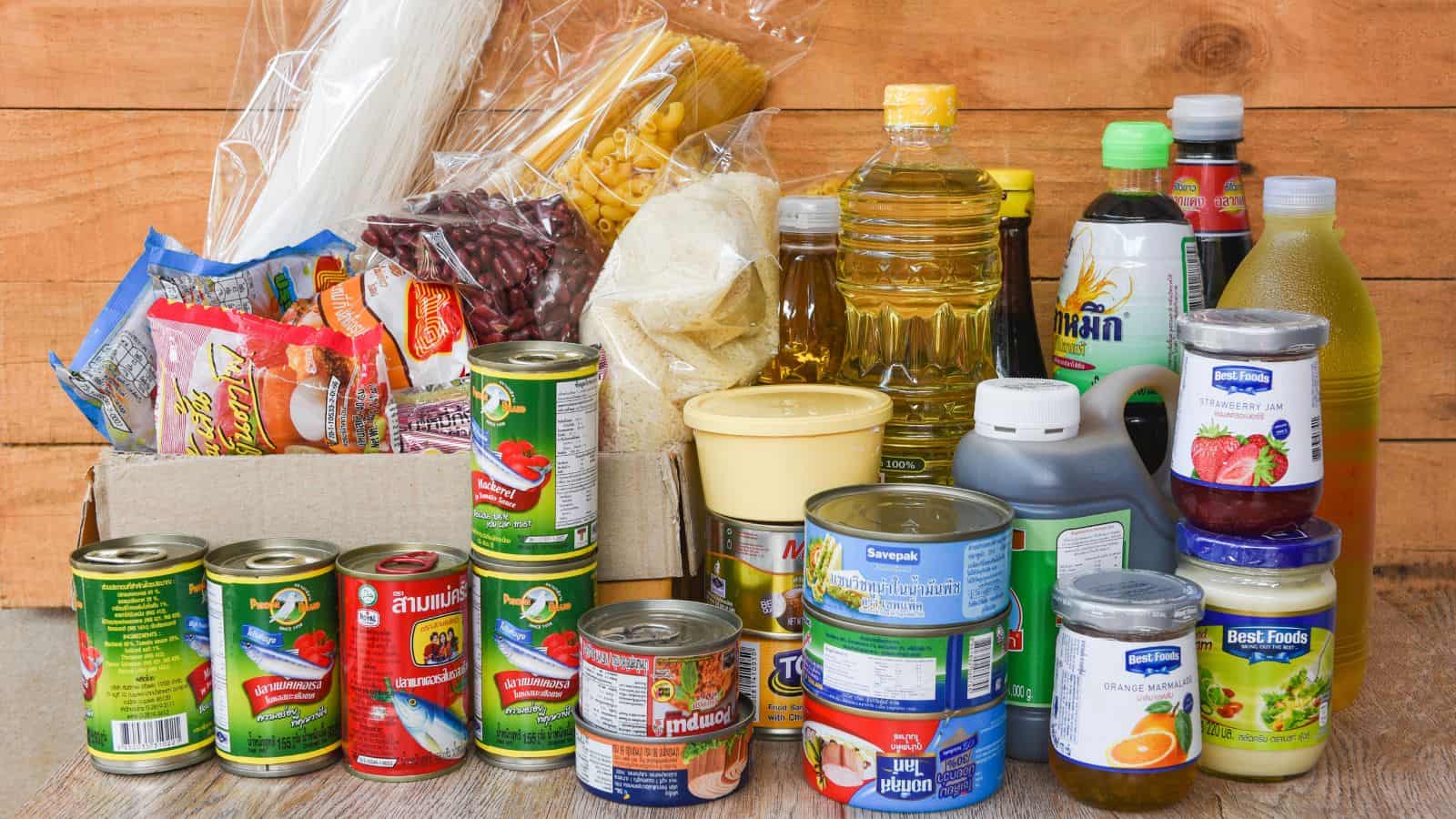
Storing your food with non-food items such as cleaning supplies or personal hygiene products can cause these to seep into your food and result in life-threatening cross-contamination. You should always opt to store food on dedicated pantry shelves and choose dedicated utility closets for your non-food items.
Fresh Produce and Potatoes
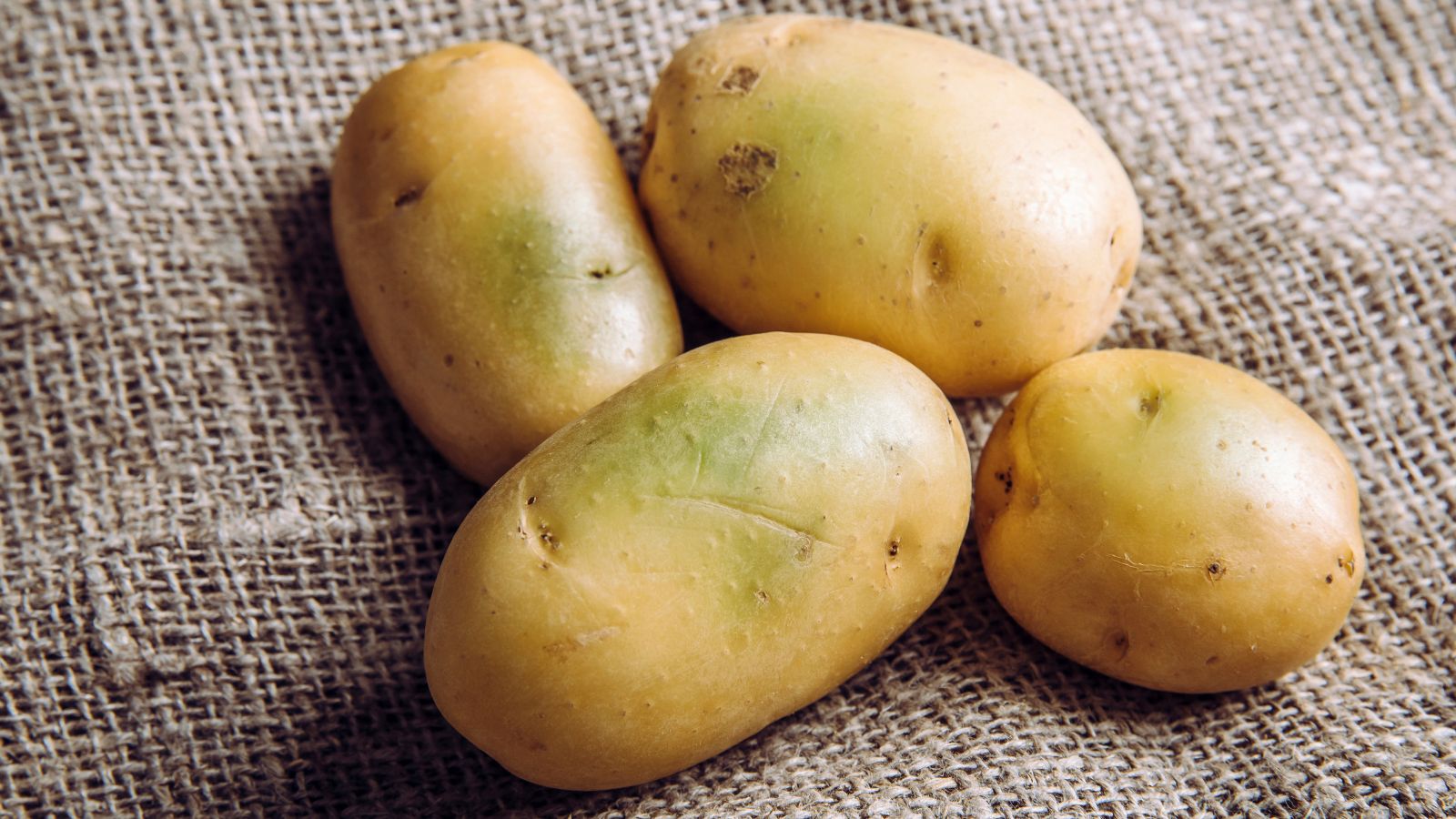
Potatoes release ethylene gases that accelerate the ripening of other fruits and vegetables. Storing fresh produce like onions with potatoes can cause the produce to spoil faster. Use separate bins in your pantry or kitchen storage to maintain the freshness and longevity of your produce.
Electronics and Magnets
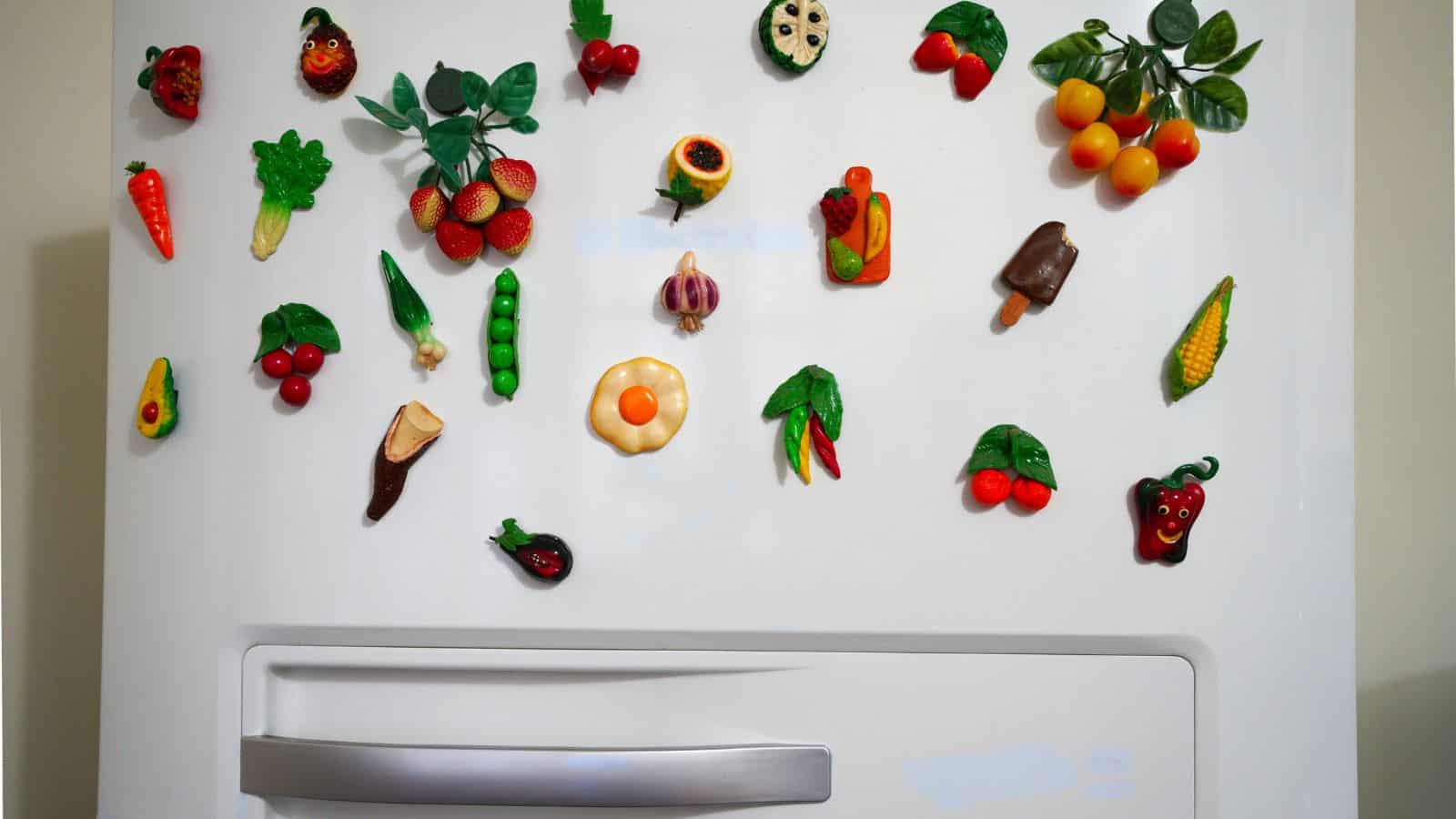
Magnets can interfere with electronic devices, causing data loss or malfunction, and you should keep them far apart to protect your gadgets. Store magnets in a designated area away from your electronic devices, such as a separate drawer or a different room, to ensure they remain in good working order and free from magnetic damage.
Medications and Humidifiers
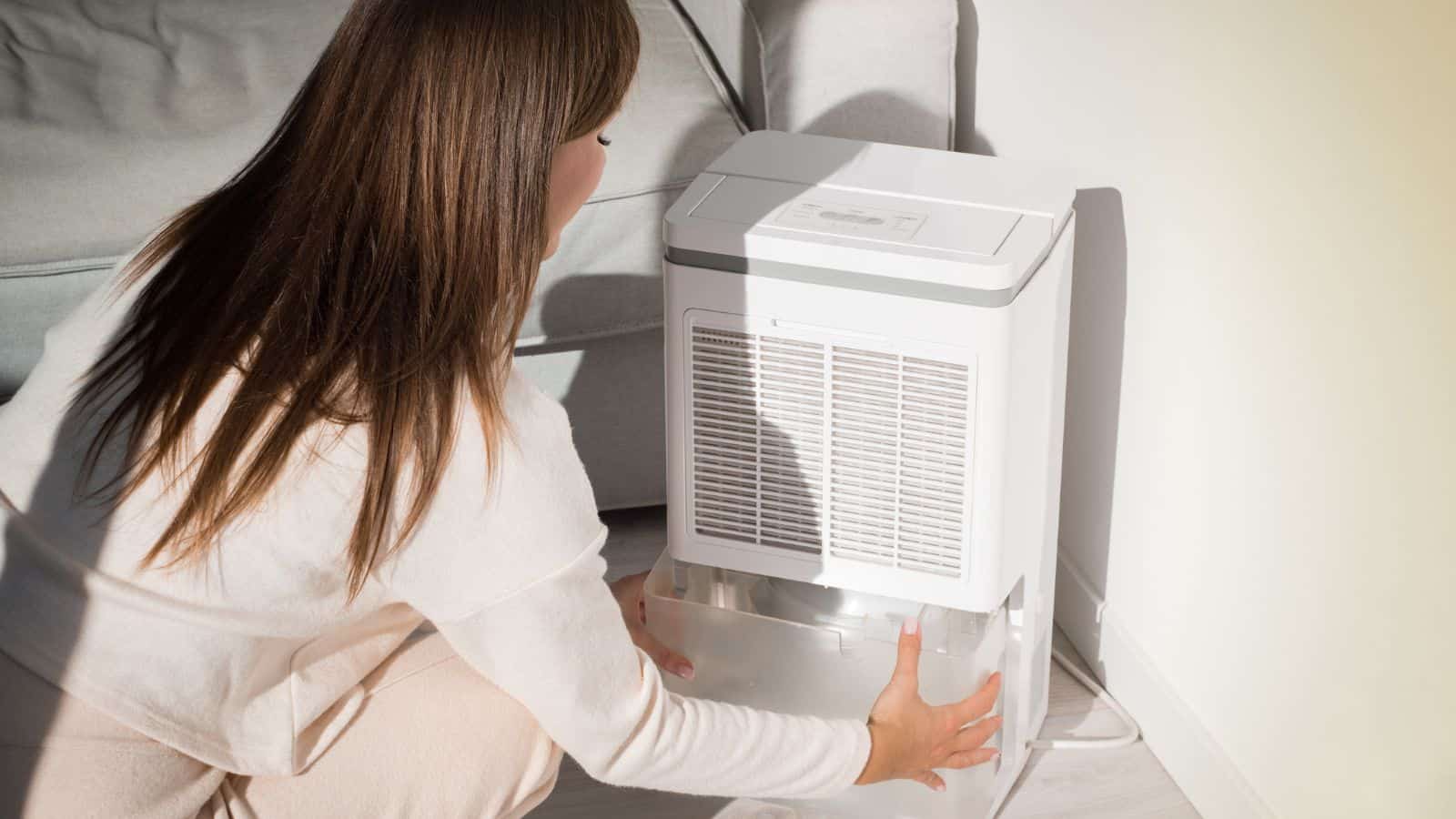
Medications should not be stored in an area of high humidity, as moisture can degrade them and make them less effective. To maintain their potency, store medicines in a cool, dry place away from humidifiers, such as a bedroom cabinet. Also, avoid storing them in bathrooms.
Batteries and Metal Objects
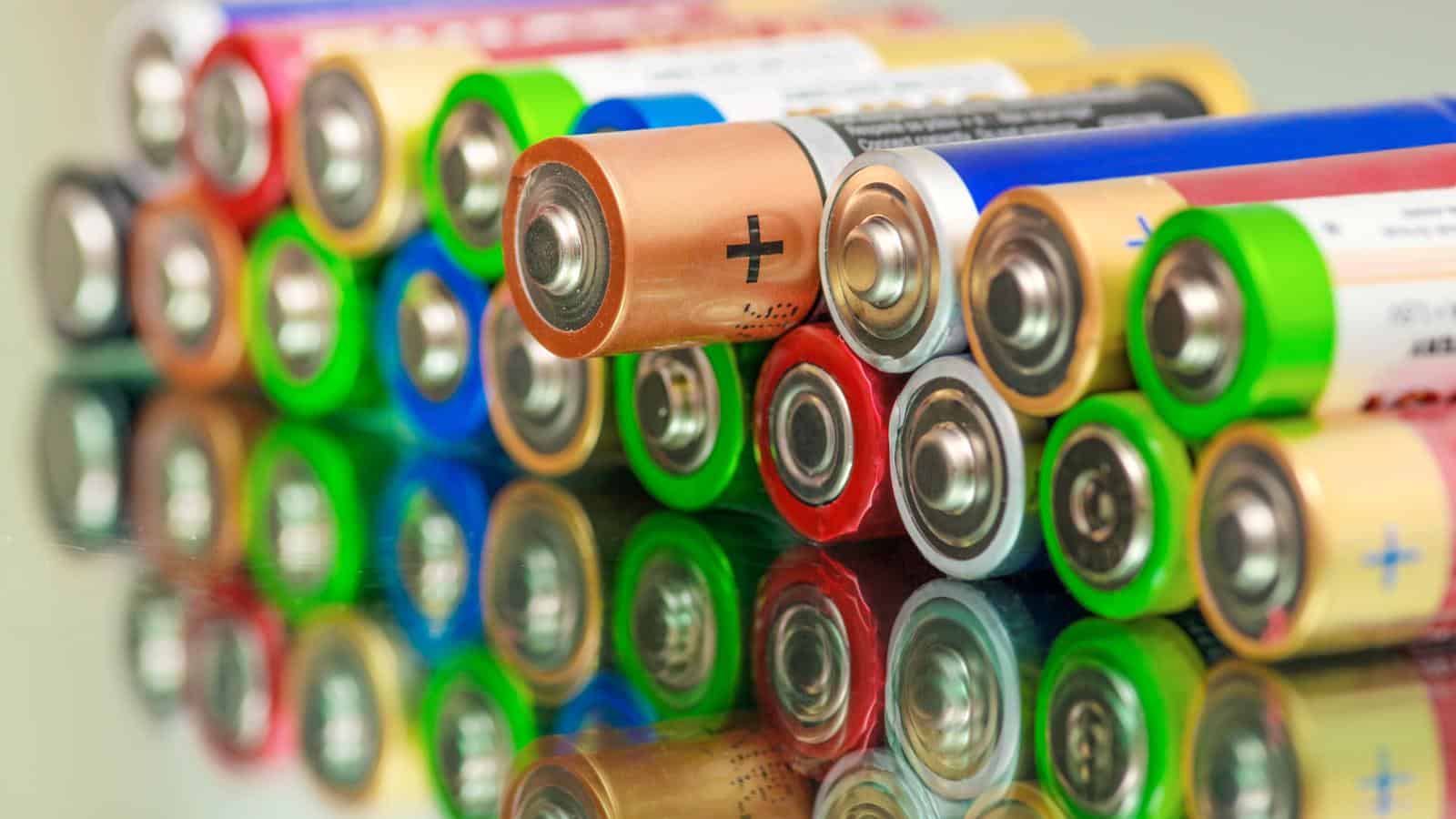
Metal objects can cause batteries to short-circuit, and with physical contact, they can also result in battery leaks or fires. Always store batteries in their original packaging or in a designated container to avoid contact with metal items. For instance, you can keep batteries in a drawer organizer and metal objects in a toolbox.
Paper Documents and Liquids
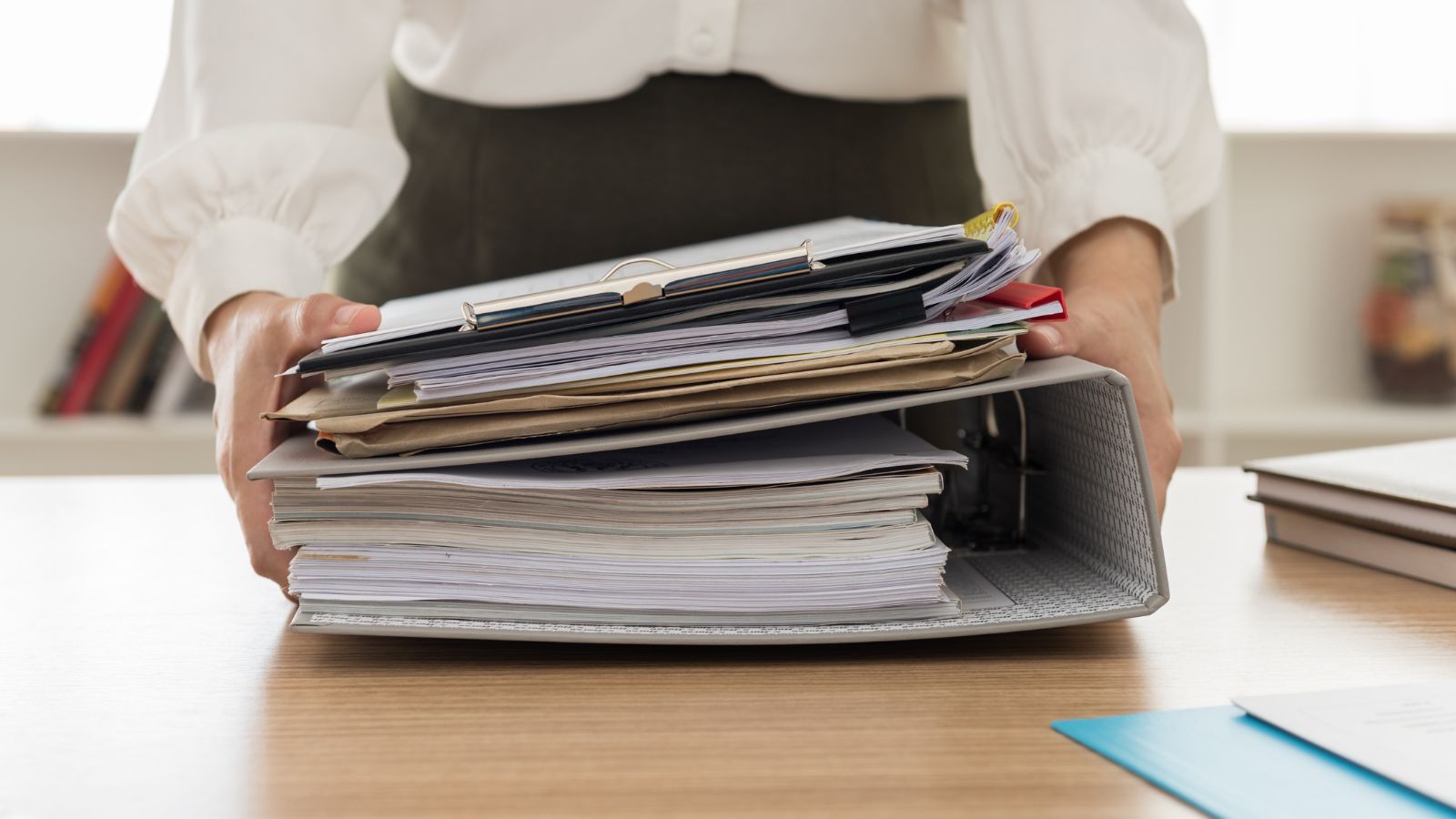
Moisture can damage paper documents and also encourage mold and mildew growth. Store important papers in dry, climate-controlled environments, such as a home office or a filing cabinet. Using airtight containers or filing cabinets can further protect your documents from moisture and potential deterioration, preserving their integrity.
Tools and Delicate Items
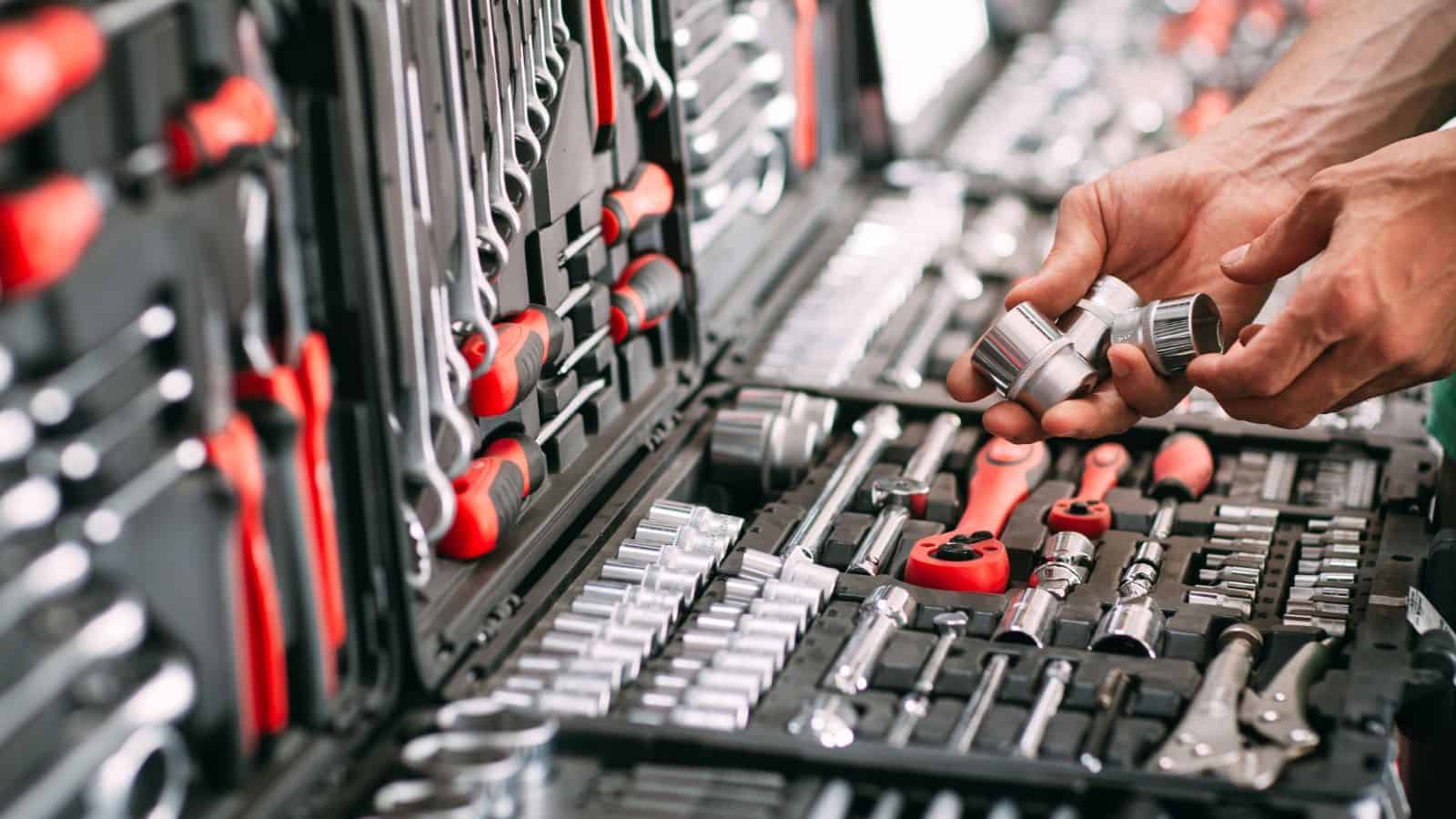
If stored together, sharp edges and heavy objects can cause scratches, breaks, or other damage to delicate items. Organize tools in a toolbox or a dedicated storage space in the garage, and keep fragile items in protective packaging or a separate cabinet elsewhere in the house.
Cosmetics and Heat Sources
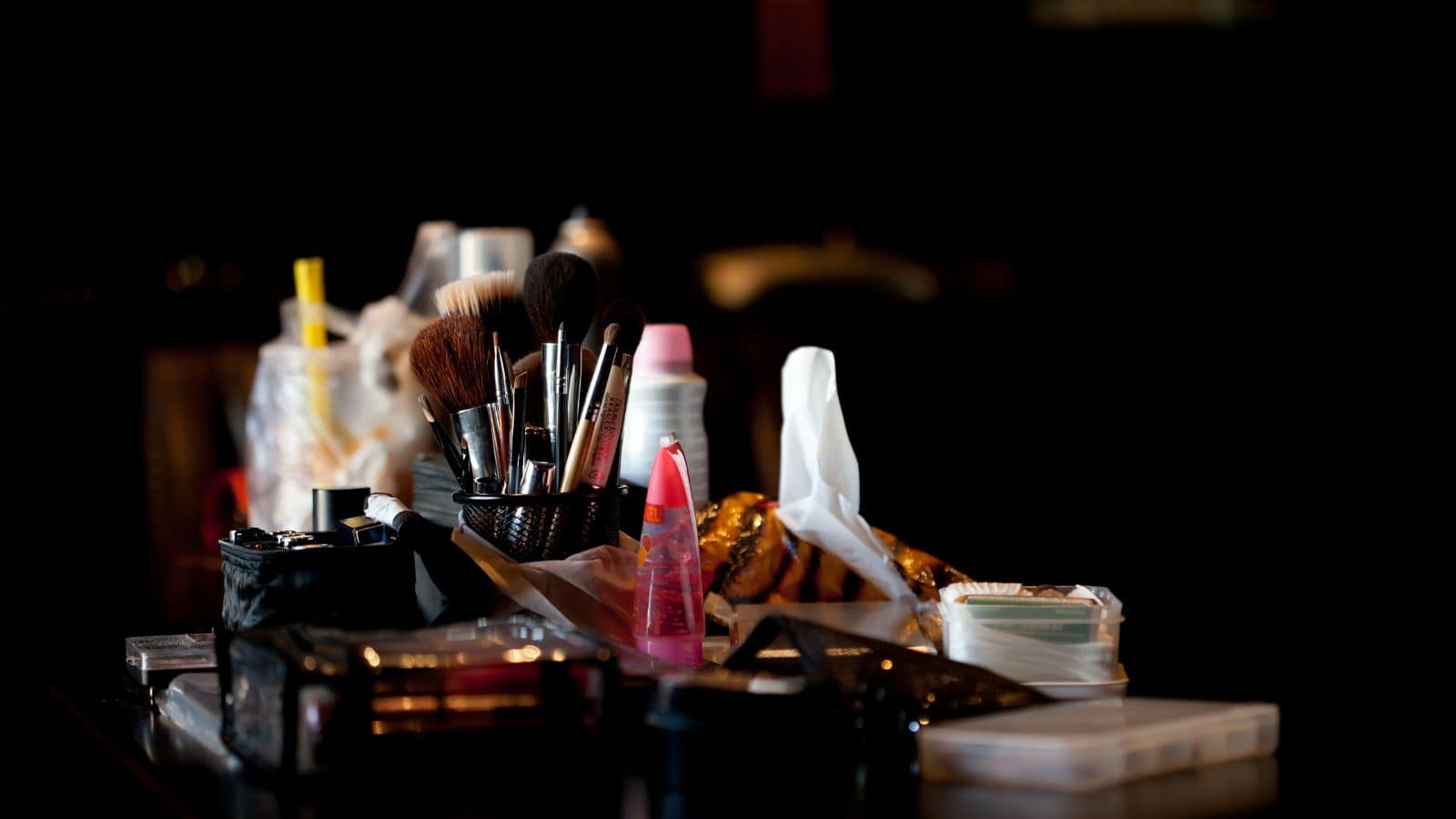
Heat can cause cosmetics to melt, separate, or lose effectiveness. Store your beauty products in a cool, dry place away from heat sources such as radiators or electronic appliances. A bathroom cabinet or bedroom vanity is ideal for ensuring your cosmetics remain in good condition and ready for use.
Gardening Supplies and Children’s Toys

Gardening supplies often contain chemicals and sharp tools that can be hazardous to children. Keep them in a locked shed or high shelves, away from kids’ reach. Storing toys separately in a playroom or bedroom ensures a safe play environment and prevents accidental exposure to dangerous gardening materials.
Fabric and Liquids
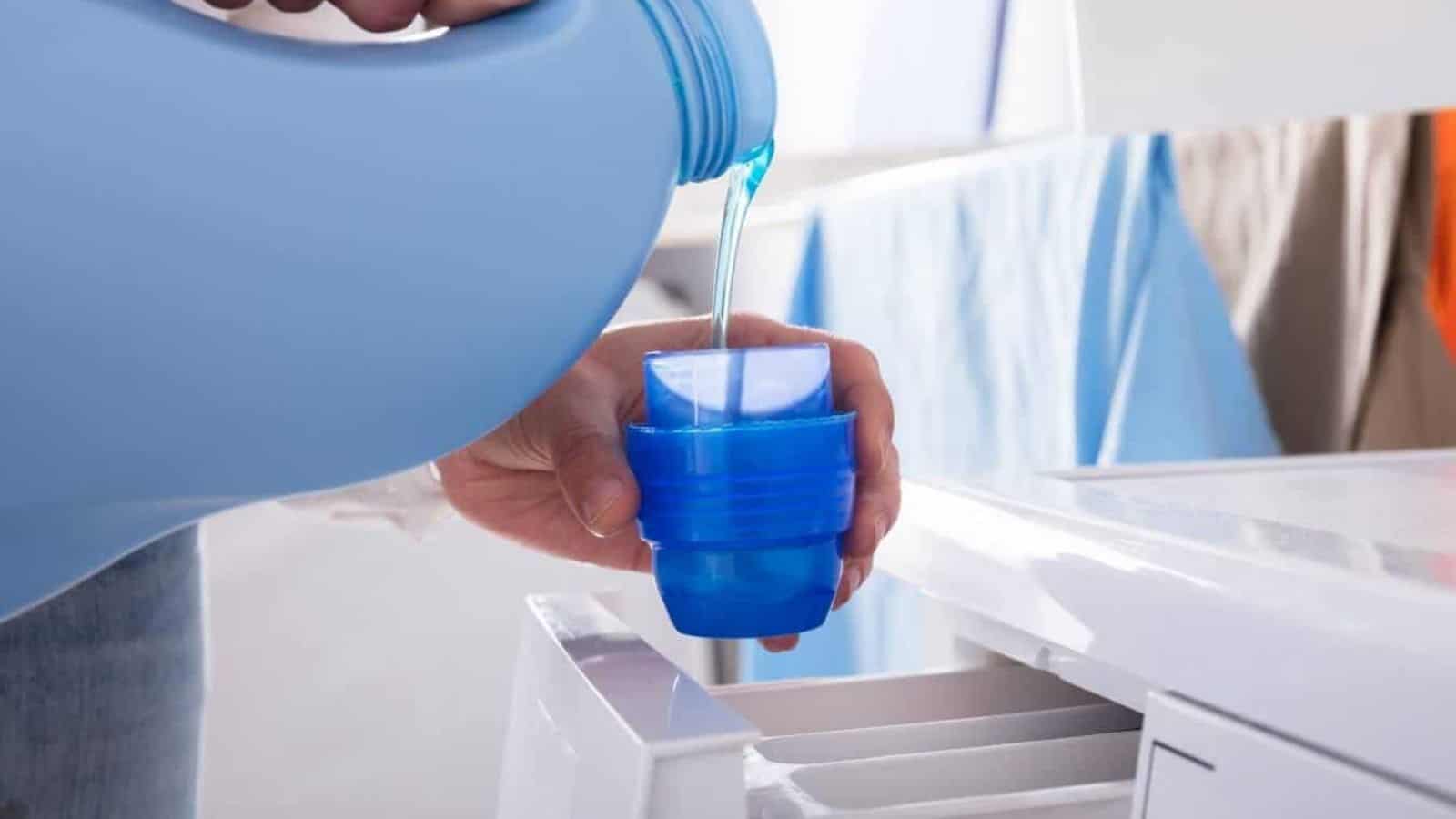
Moisture can lead to mold and mildew on fabrics, eventually ruining them. Store fabrics in dry, well-ventilated areas, such as closets or storage bins, and use silica gel packs to absorb excess moisture. This keeps your textiles fresh and prolongs their lifespan by preventing moisture-related damage.
Jewelry and Household Cleaners
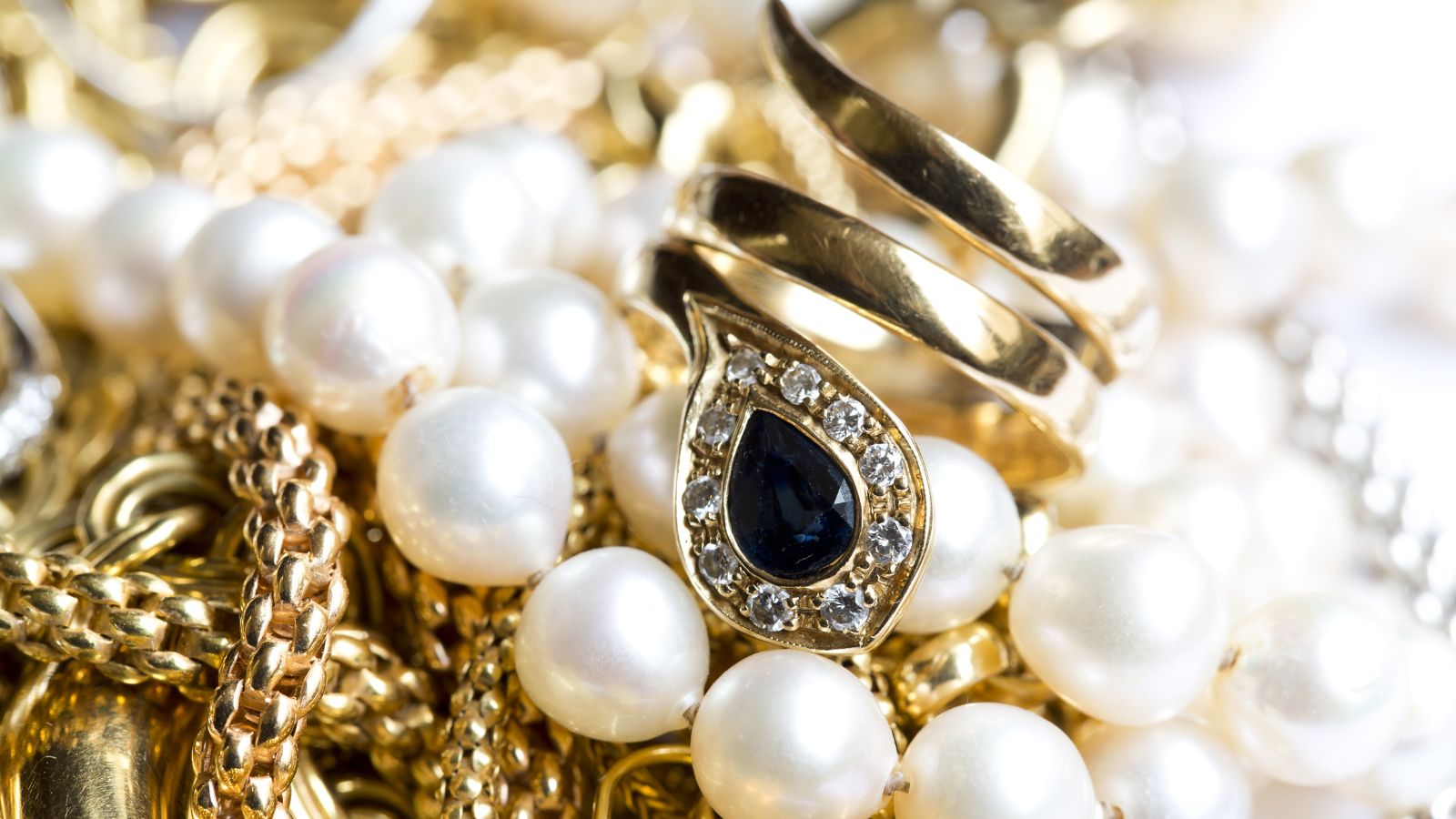
Household cleaners contain chemicals that can tarnish or damage jewelry. Hence, you should store jewelry in a designated box or drawer, away from cleaning supplies. Keeping them separate helps preserve the beauty and integrity of your precious items. For both, you can consider a jewelry box in your bedroom and a cleaning caddy in the laundry room.
Perishable Food and Strong Odor Sources
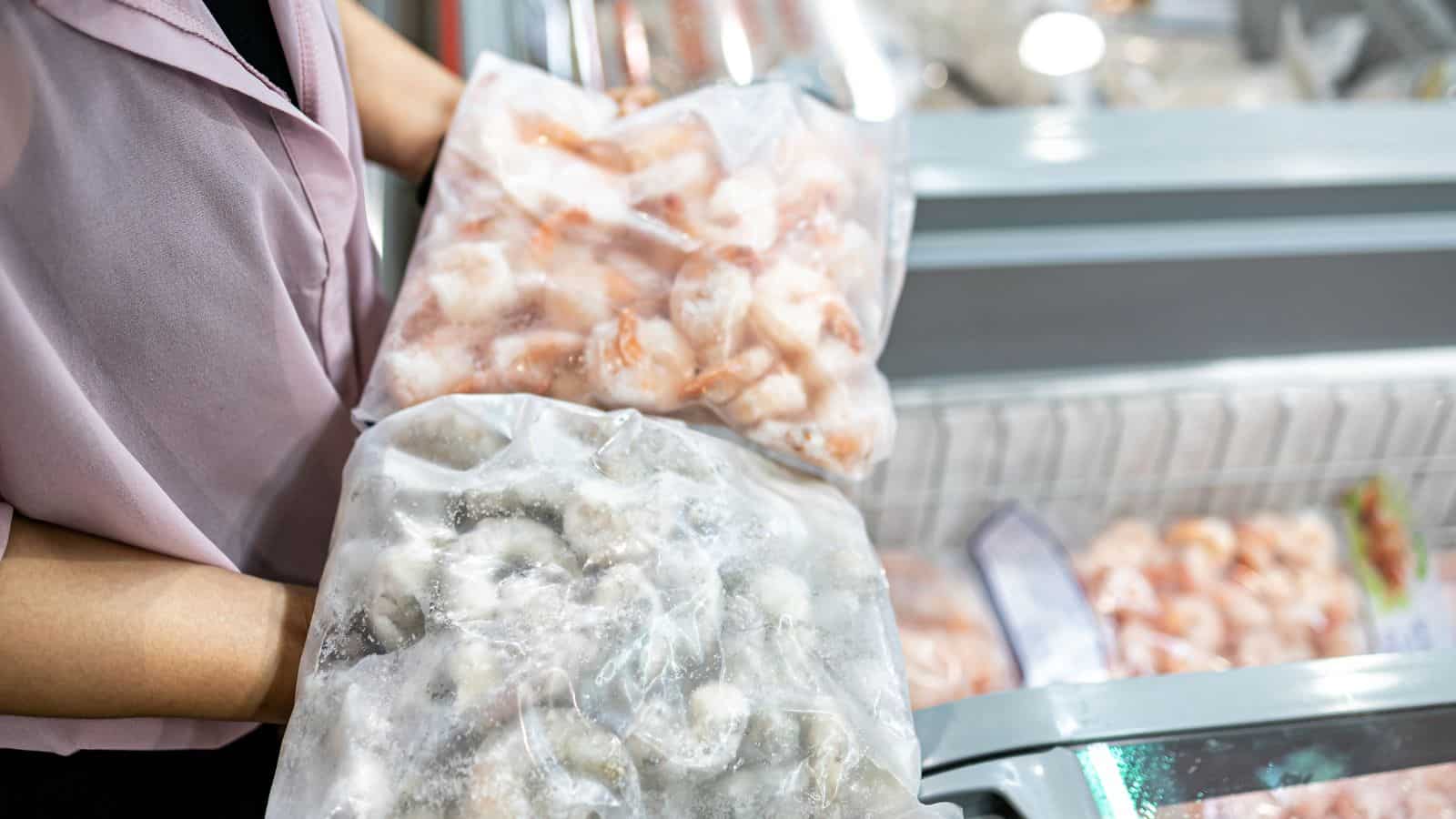
Strong odors can permeate perishable food, altering its taste and quality. Store perishable items in sealed containers and away from strong-smelling substances like onions or garlic. This practice maintains the freshness and flavor of your food. For instance, you can use separate sections in your refrigerator or pantry to avoid odor transfer.
Alcohol and Cleaning Supplies
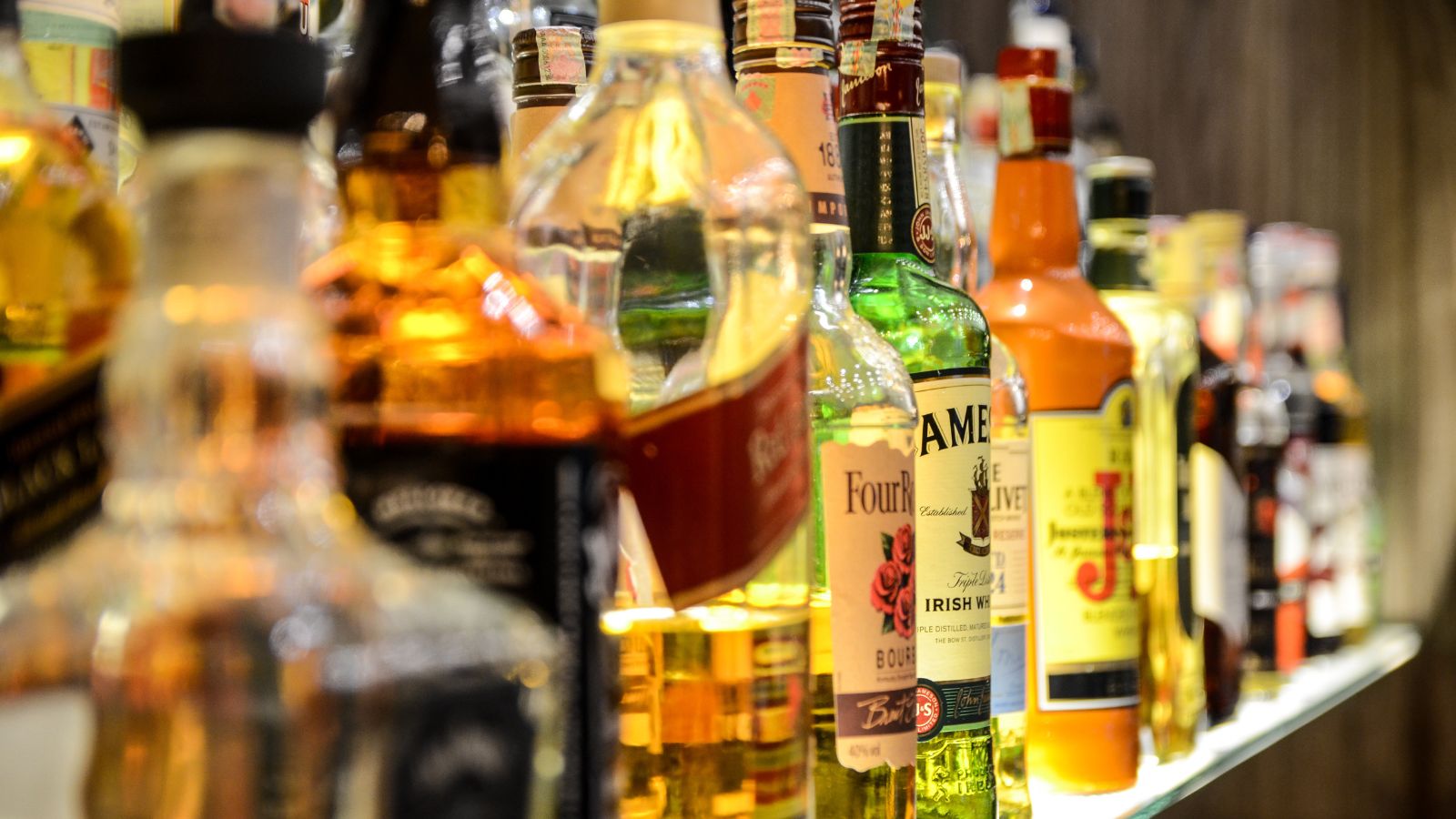
Alcohol can react with cleaning supplies, creating dangerous fumes or explosions. This is why you should store alcoholic beverages in a cool, dark place away from them. Consider a dedicated liquor cabinet and a utility closet for cleaning supplies. Keeping these two separate ensures both your safety and the quality of the alcohol.
Shoes and Clothing
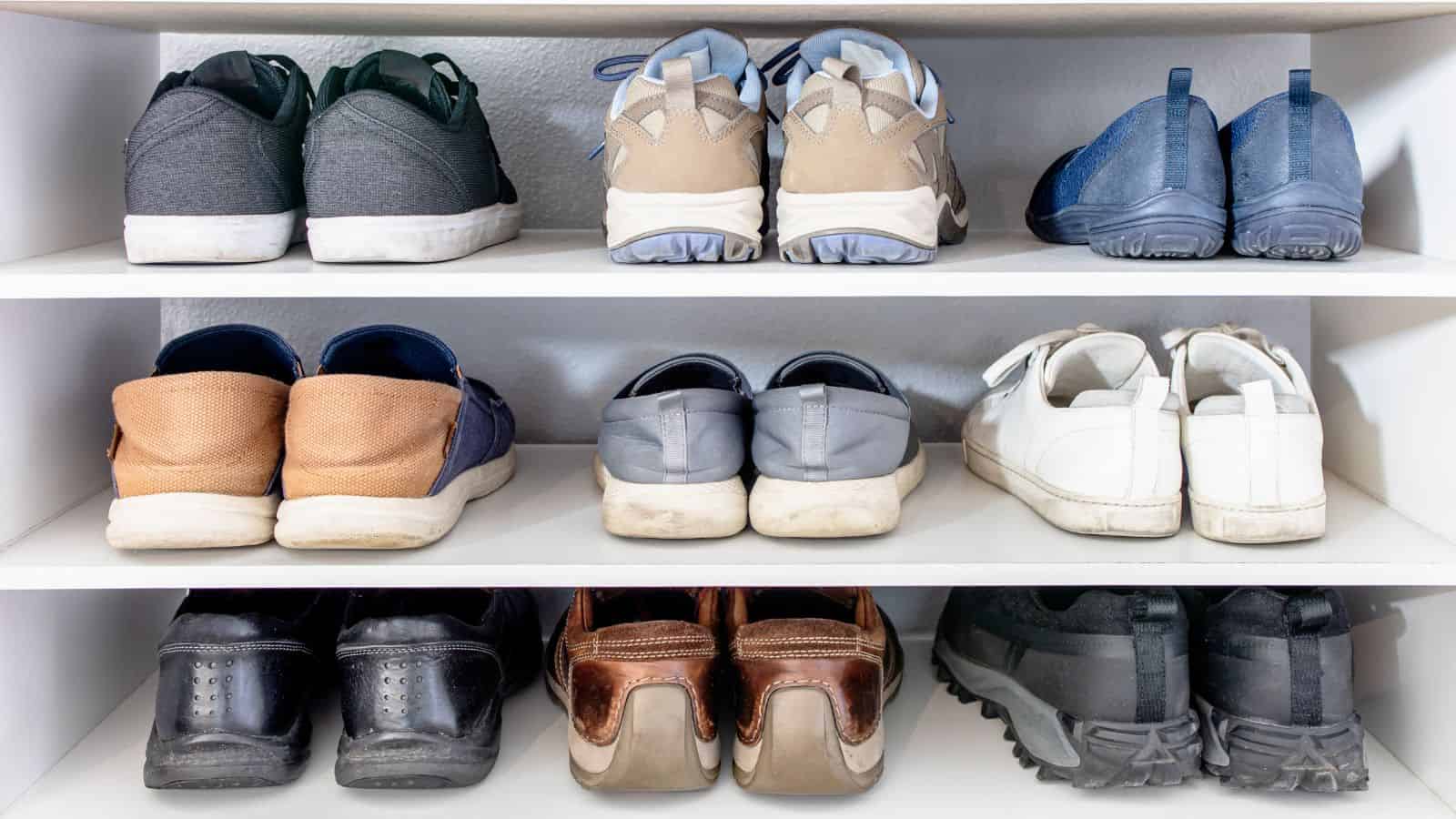
Store shoes separately from clothes, ideally in a shoe rack or designated area, such as an entryway or closet floor. Shoes can carry dirt and bacteria that can transfer to clothing. Storing both separately keeps your clothing free from potential contaminants and maintains proper hygiene.
Pharmaceuticals and Pet Supplies
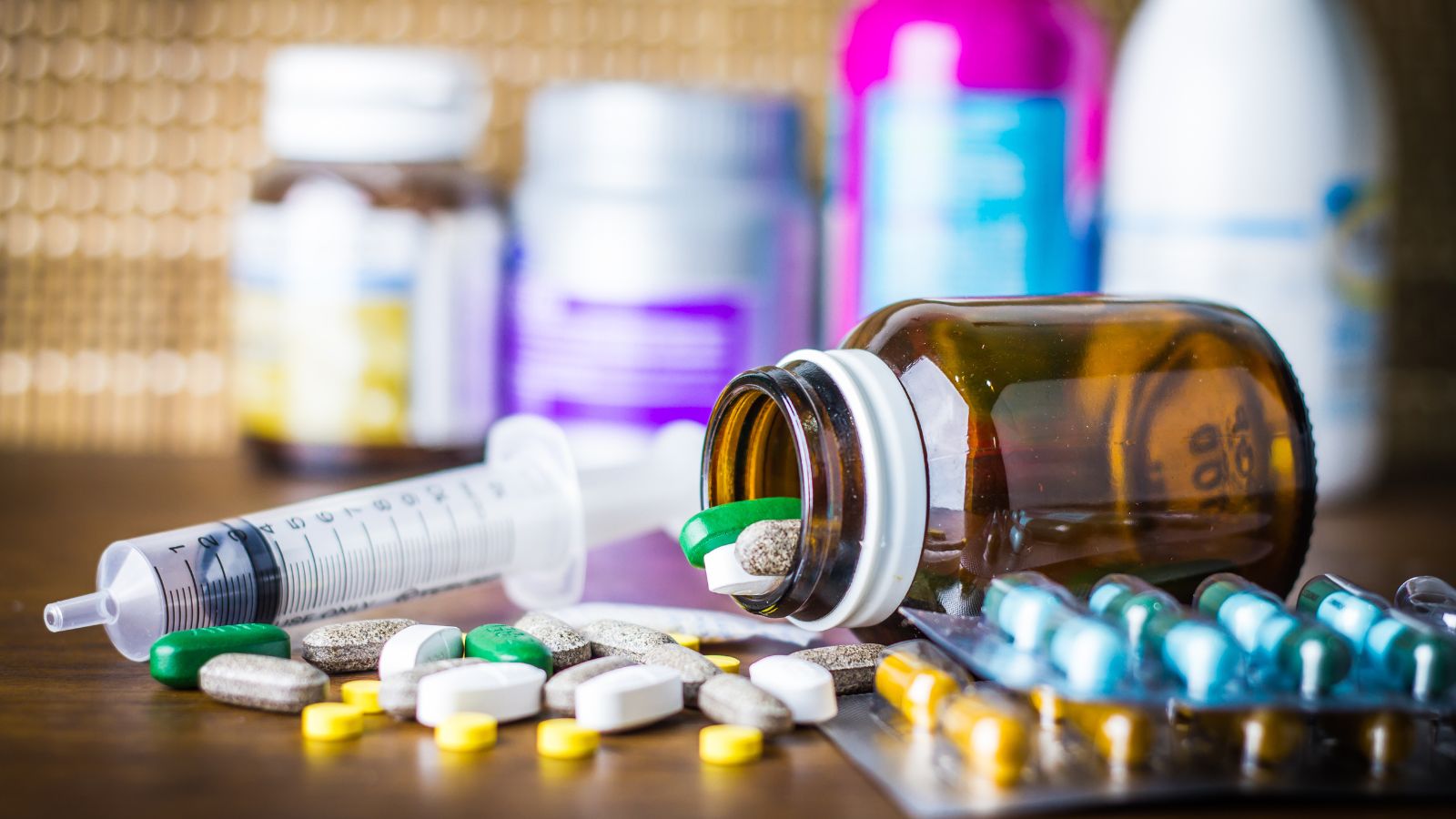
Pharmaceuticals should be stored away from pet supplies to prevent your pets from accidentally ingesting them. For instance, you can choose to keep medications in high cabinets or locked drawers, as this ensures they are out of reach of curious animals. This practice doesn’t just safeguard your pets; it also protects your medications.
Cleaning Rags and Solvent-Based Cleaners
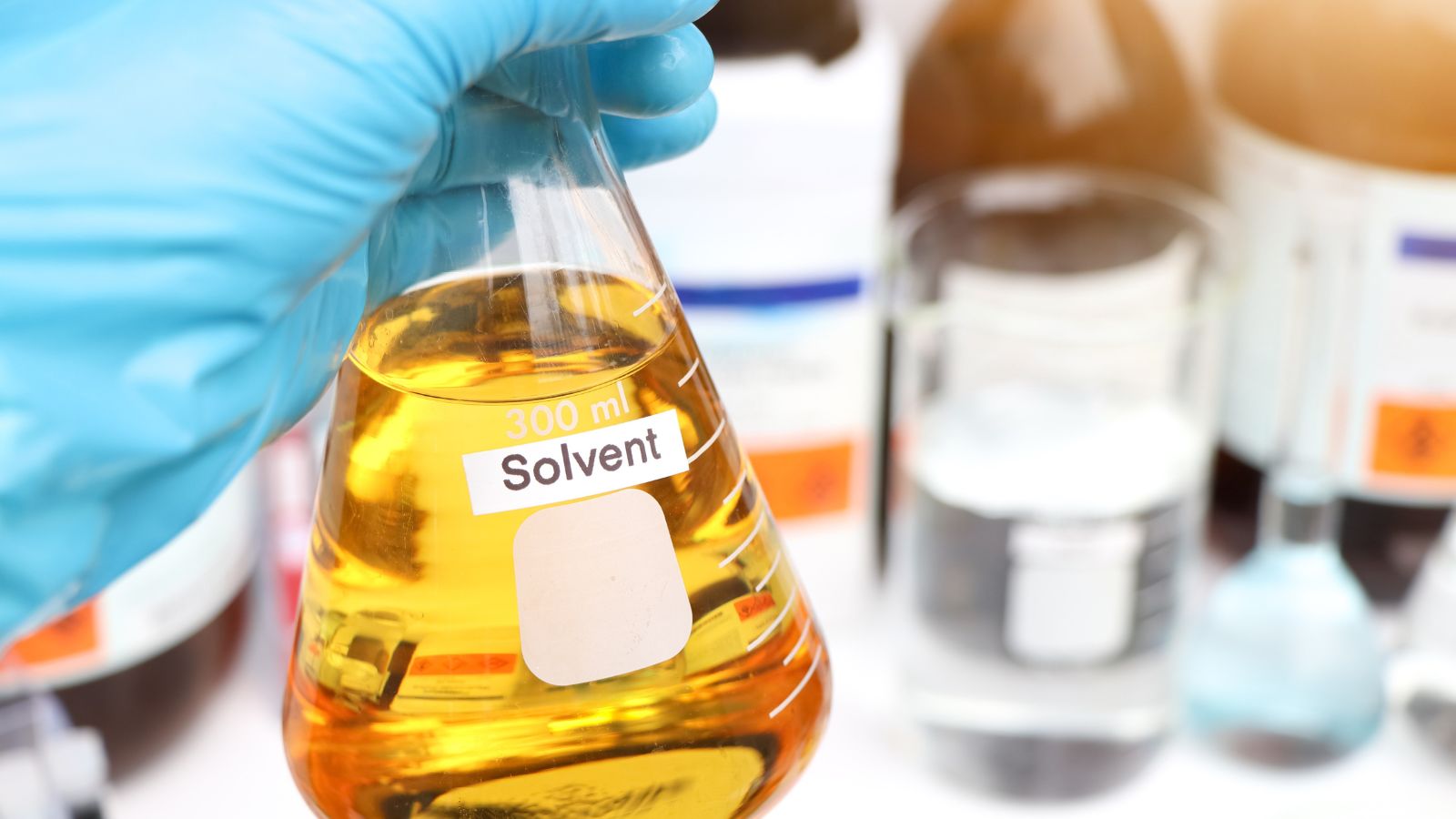
Solvent-based cleaners can degrade cleaning rags, making them less effective. Store rags and solvents separately to prolong the life of your cleaning supplies. Using designated containers for each ensures they remain in good condition for future use. Keep rags in a laundry room and solvents in a garage.
Up Next: 17 Things Most People Forget After Someone Dies
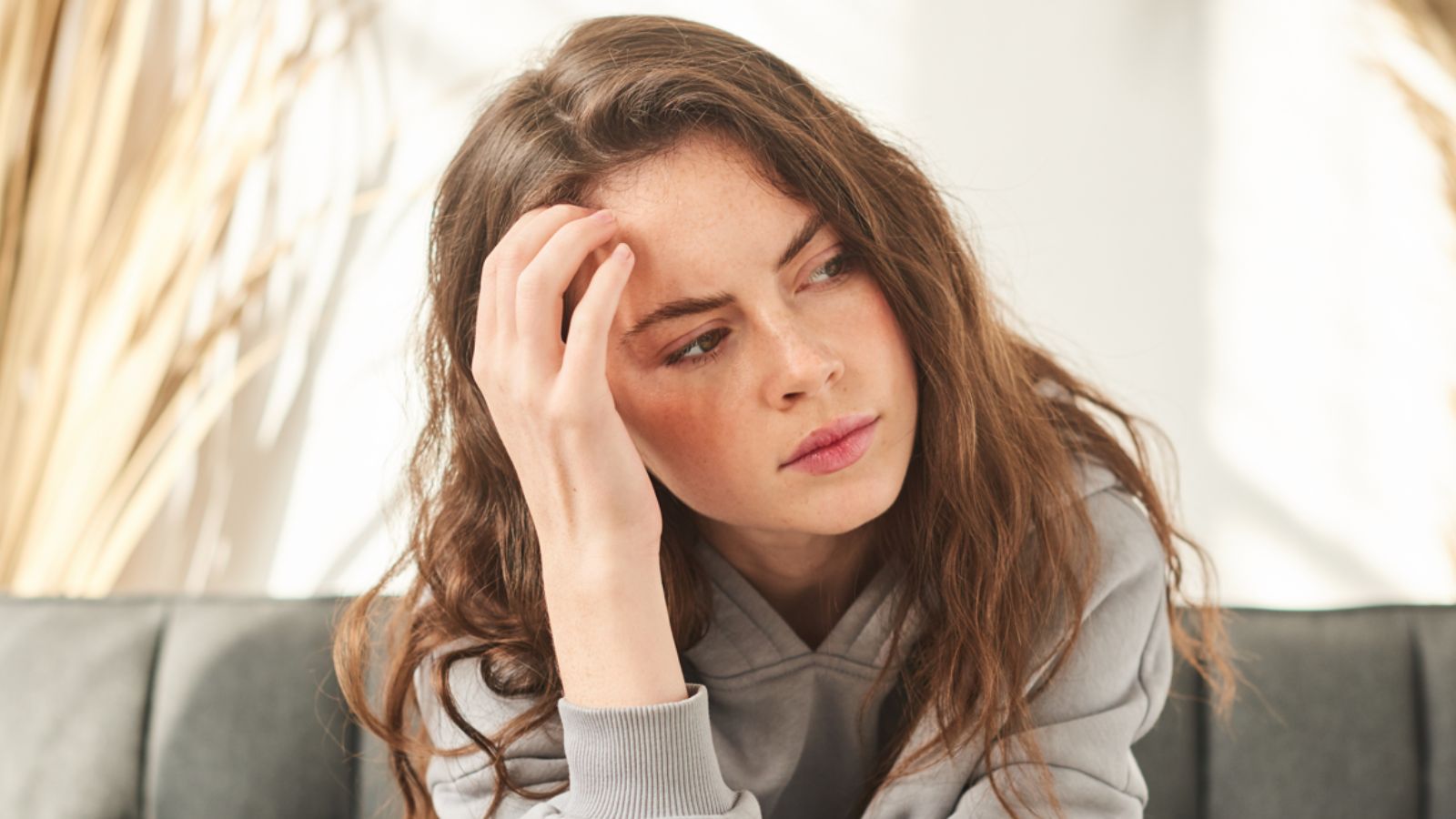
When a person dies, it’s easy for their partner or family members to overlook things while they process shock and grief. Despite the pain of losing a loved family member, it’s important to remember to organize these 17 things to prevent problems later on.
17 Things Most People Forget After Someone Dies
17 Phrases Confident People Use to Stand Up For Themselves

Confidence is a healthy and attractive trait that helps us stand firm in our values and set healthy boundaries. We can always become more confident, and learning the right ways to stand up for yourself is a great way to start. Here are 17 phrases you can use to do so.
17 Phrases Confident People Use to Stand Up For Themselves
20 Signs Someone Is Only Pretending to Care

Whether it’s to avoid hurting your feelings or if it’s part of a more elaborate plan to deceive you for benefits, people pretend for many reasons. The main theme with them, though, is that their actions never match the sugar-coated words that come out of their mouths. So that you don’t fall for someone like this, we’ve compiled 20 signs for you to look out for.
